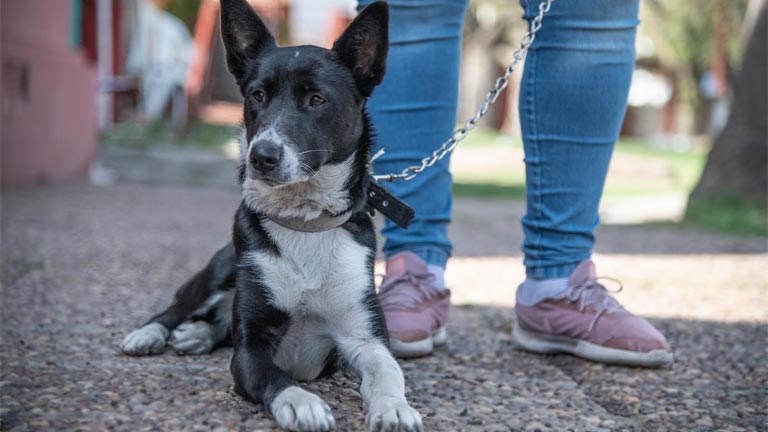
Introduction: A dog’s loss of appetite can be concerning for any pet owner. If your furry friend suddenly becomes disinterested in their food, it’s important to understand the possible reasons behind this change in behavior. In this article, we will explore some common causes for a dog’s decreased appetite, shedding light on possible explanations and offering guidance on what you can do to help your beloved companion regain their appetite.
Illness or underlying health issues
One of the primary reasons why dogs may stop eating is due to an underlying illness or health problem. Just like humans, dogs can experience ailments that affect their appetite. Various conditions such as dental problems, gastrointestinal issues, infections, organ dysfunction, or pain can lead to a decreased desire to eat. If the dog’s lack of appetite persists or is accompanied by other worrisome symptoms like throwing yellow foam, it’s best to consult a veterinarian for a proper diagnosis, as they will be able to answer any questions you may have, such as “why is my dog throwing up yellow foam?” and recommend any necessary treatment to help your dog get back to their normal, healthy self.
Recent vaccinations or medication
Some dogs may experience temporary loss of appetite following vaccinations or when taking certain medications. This can be a normal response to the treatment, but it’s always a good idea to consult your vet if the lack of appetite persists for an extended period or if you notice any other concerning changes in your dog’s behavior.
Change in environment or routine
Dogs thrive on routine, and any significant change in their environment or daily schedule can disrupt dogs eating habits. Moving to a new home, the introduction of a new family member (human or animal), or even a change in their feeding routine can cause stress and lead to a decreased appetite. Providing a consistent and familiar environment along with a structured feeding schedule can help your dog feel more comfortable and regain their appetite.
Emotional or psychological factors
Believe it or not, dogs can experience emotional and psychological stress just like humans. Anxiety, fear, depression, or grief due to a loss of a companion or a significant change in their social dynamics can affect a dog’s eating habits. In such cases, it’s essential to offer reassurance, provide a safe and comforting space, and consider consulting a professional dog behaviorist for guidance.
Aging and dental issues
As dogs age, they may develop dental problems such as gum disease, tooth decay, or oral discomfort. These issues can make eating painful or uncomfortable, leading to a loss of appetite. Regular dental check-ups and appropriate dental care, including teeth cleaning and providing suitable chew toys, can help prevent dental problems and maintain your dog’s appetite.
Conclusion
A dog’s loss of appetite can stem from various causes, ranging from underlying health issues to environmental or emotional factors. By being attentive to changes in your dog’s behavior, maintaining a healthy routine, and seeking veterinary advice when needed, you can support your dog’s well-being and help them regain their appetite. Remember, a consistent and loving approach, along with proper medical care, is key to ensuring your dog’s overall health and happiness.




